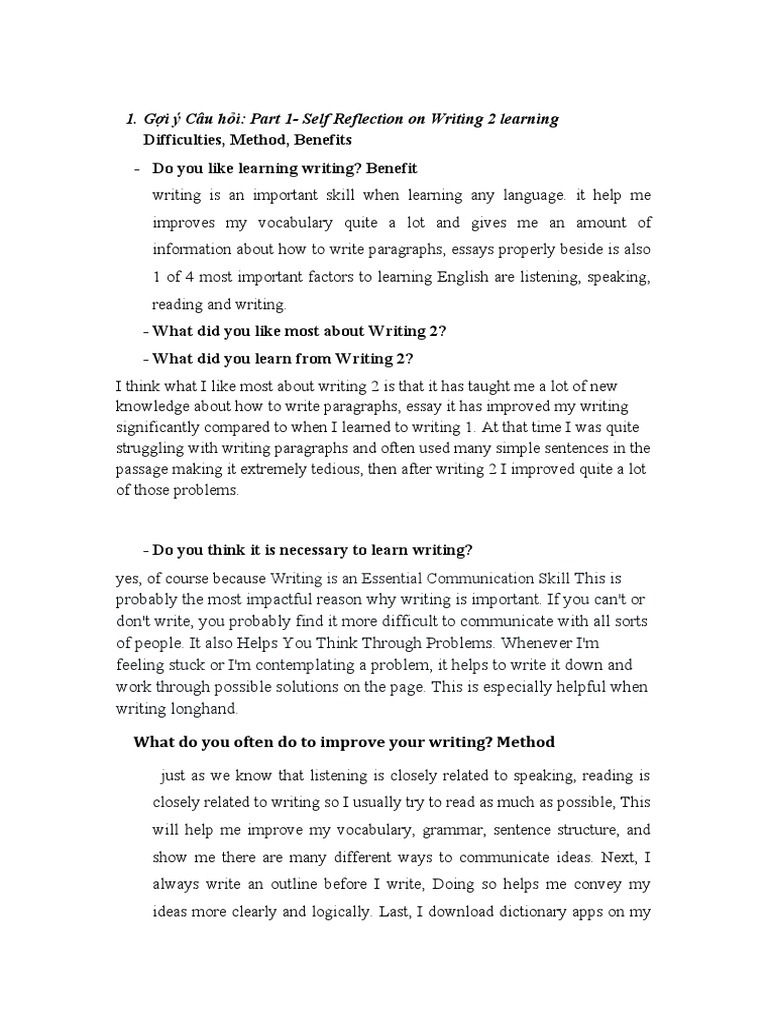In the intricate tapestry of life, values serve as the threads that bind our aspirations to our actions, creating a coherent narrative that articulates who we are. For adherents of the Baha’i Faith, a profound engagement with values through self-reflection becomes an avenue for personal evolution and societal transformation. This exploration of values is not merely an introspective endeavor; it is a sacred duty that aligns individual purpose with the universal principles of the Faith.
As the proverbial compass directs a navigator through uncharted waters, the teachings of Baha’u’llah offer a set of moral coordinates that can illuminate the path toward self-discovery. At the heart of Baha’i principles lie the essential values of unity, justice, love, and service. Each of these values provides a foundational pillar upon which to construct a meaningful life. However, to engage them fully, one must embark upon the journey of self-reflection.
1. The Principle of Unity: Weaving Individual Threads into a Collective Fabric
The principle of unity posits that all humanity is interconnected—life’s grand design interlaces individual with collective, personal with global. To reflect on this value, one might ask: “How do my actions contribute to or detract from the unity of my community?” This introspective inquiry is akin to examining the strands of a tapestry; each choice, each word, has the potential to either fray or fortify the weave.
A Baha’i perspective encourages individuals to look beyond superficial differences and recognize the innate dignity in all people. By fostering an atmosphere of inclusivity, one can critically assess one’s prejudices and biases. This commitment to unity transcends mere tolerance; it beckons for active engagement in the betterment of society—a transformative journey wherein one evolves not only personally but collectively.
2. The Value of Justice: The Scale of Moral Equity
Justice serves as a fulcrum upon which the ideals of society balance. To reflect on justice is to consider the moral implications of one’s decisions. How do we ensure that our pursuit of personal gain does not infringe upon the rights of others? In this metaphorical weighing of worth, self-reflection prompts individuals to evaluate their position within the delicate ecosystem of human relations.
At the core of the Baha’i Faith is a call to champion justice, not solely in momentous causes but in everyday interactions. Each decision—whether in the workplace, at home, or in social circles—carries the potential to either uphold or undermine justice. A reflective practice that includes evaluating biases and advocating for equitable opportunities for all can yield a more just society. This ethical rectitude not only nurtures personal integrity but also fortifies community bonds.
3. The Essence of Love: The Universal Alchemy of Connection
Love, the quintessential force of creation, is the essence embedded within the Baha’i outlook. In contemplating love as a value, individuals are invited to pursue the question: “How can I cultivate deeper connections with those around me?” This inquiry leads toward profound reflections on the nature of empathy, compassion, and forgiveness.
To love is to recognize the divinity within others and to respond to that recognition with genuine kindness. In this light, self-reflection emerges as a transformative tool that allows individuals to identify barriers to love—be they fear, resentment, or misunderstanding. Embracing love as a guiding principle offers the possibility of healing and growth, both personally and communally, resulting in a harmonized existence.
4. The Call to Service: The Pathway of Altruism
Service embodies the outward expression of love, justice, and unity. Engaging in service nurtures the soul and fortifies community bonds. Through self-reflection, one might ponder: “What gifts and talents do I possess that can benefit others?” This inquiry opens the door to a deeper understanding of the purpose behind one’s existence and the contributions one can make to society.
The Baha’i teachings emphasize that service should not be viewed as a mere obligation but as a cherished opportunity to contribute to the welfare of humanity. By aligning personal abilities with the needs of the community, individuals find purpose and fulfillment. This journey towards service requires selflessness, humility, and an unwavering commitment to the upliftment of others, reflecting an alignment with the values espoused by the Baha’i Faith.
5. The Symphony of Reflection: Integration and Continuous Growth
The process of self-reflection in the context of Baha’i values is akin to tuning an instrument in a symphony. Each value must resonate in harmony with the others, creating a melodious life narrative. Engaging in this reflective practice is not a one-time endeavor but a continuous journey of growth and understanding. By regularly revisiting these core values—unity, justice, love, and service—individuals can recalibrate their actions and intentions in alignment with the overarching principles of the Faith.
Through this cyclical process of reflection and action, a deeper understanding of one’s values emerges. This leads to a more vibrant engagement with the world, characterized by conscious choices that reflect profound ethical considerations. The interplay of reflection, decision-making, and action creates a virtuous cycle of growth, fostering personal development that resonates beyond the self, ultimately contributing to the greater good.
In conclusion, the Baha’i approach to self-reflection invites individuals to undertake a profound journey towards an examination of their values. By immersing oneself in the ideals of unity, justice, love, and service, one cultivates a rich inner landscape that fosters both personal enlightenment and societal transformation. The act of reflection is not merely introspective; it is a communal endeavor that yields a more harmonious existence, echoing the beautiful unity inherent in the fabric of humanity.
